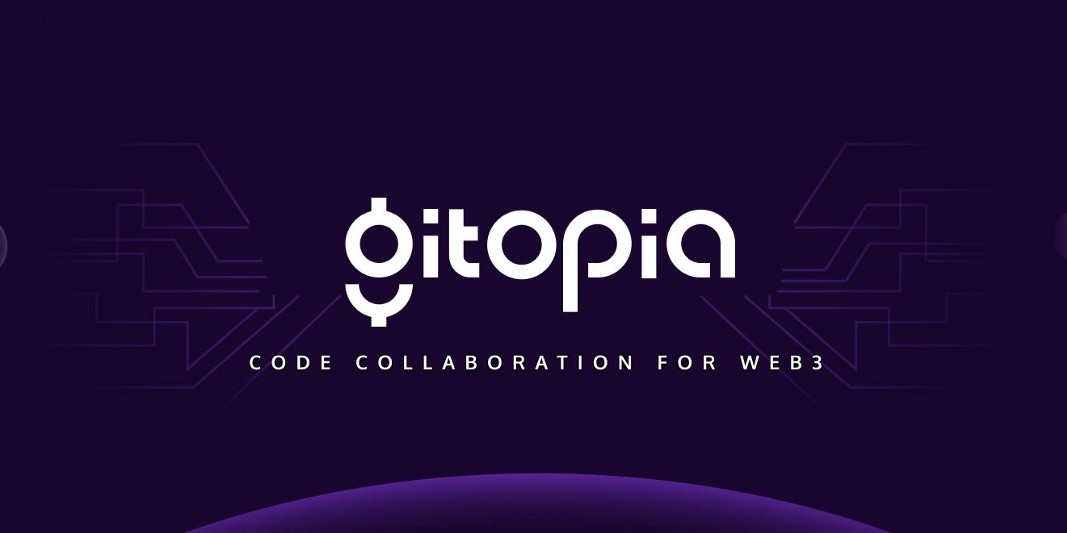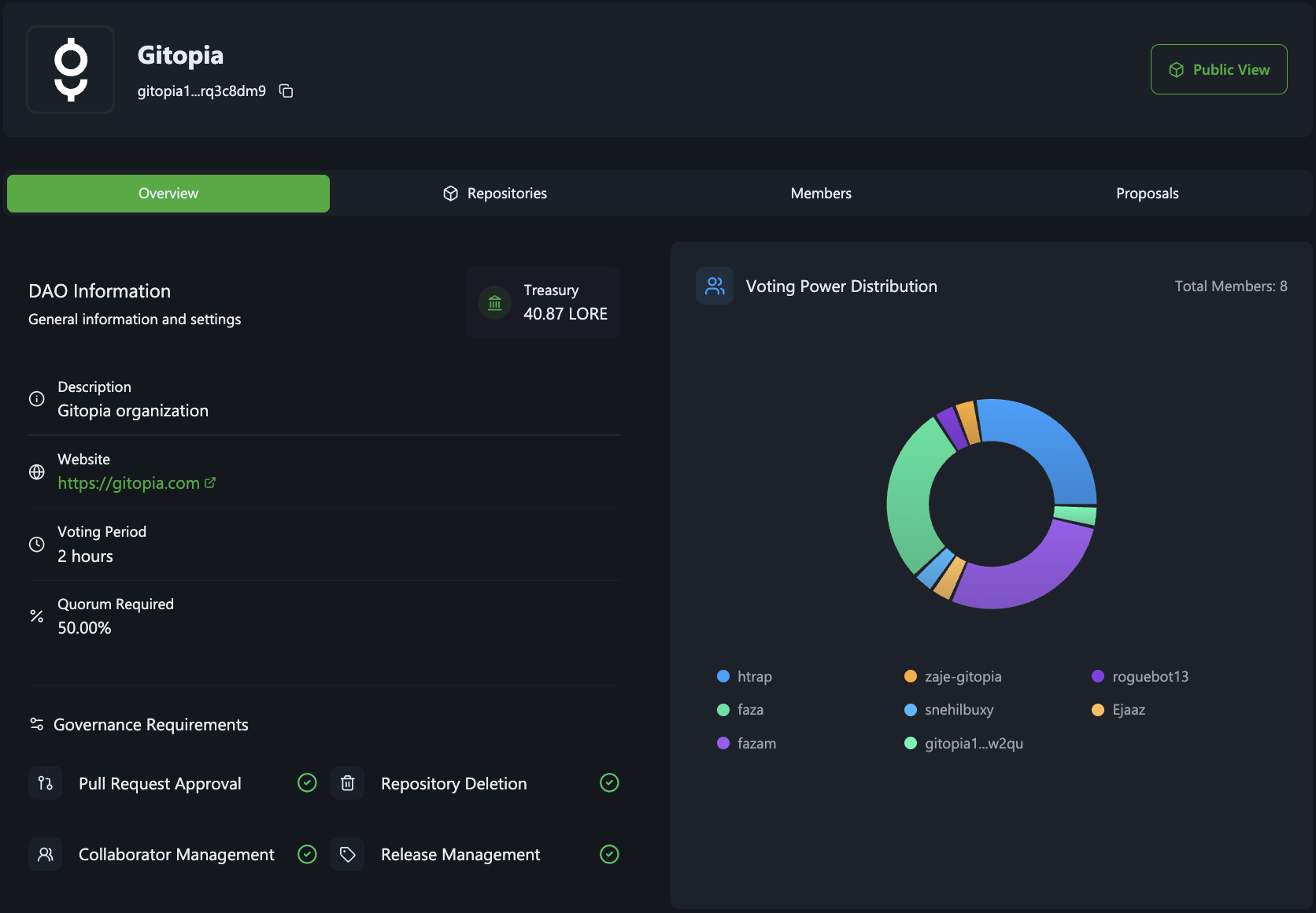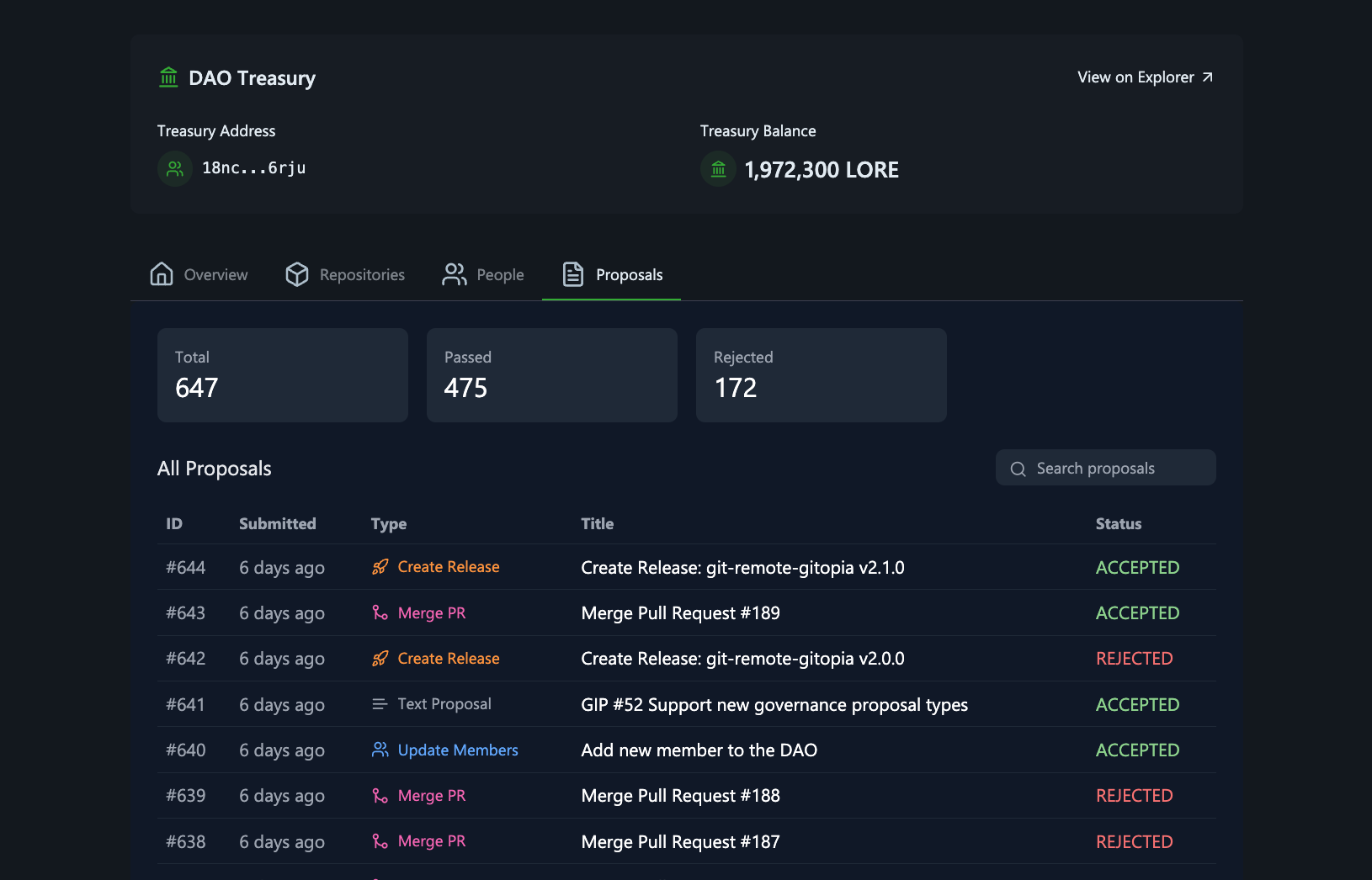Open source code is playing a critical role in the present world. Almost every software that we use today, from the smallest embedded systems to the biggest supercomputer, from your phone’s operating system to the software running the websites and infrastructure of the companies we engage with everyday, have some open source dependencies. Our world would not function, or at least not function as well, without open-source software.
A significant reason for the growth of open source today can be attributed to the emergence of Version Control Systems(VCS) and code hosting platforms. Git, like other version control systems, manage and store revisions of projects. At the same time, services like GitHub are web-based Git repository hosting services with some added features to make collaboration between developers across the globe more accessible and convenient. These services have reduced the barriers to participation in open source projects. Contributors can simply fork their own copy of a repository with one click and issue a pull request from the appropriate branch when their changes are ready.
Code hosting platforms have empowered social coding and helped create global communities of developers. Sharing code freely and publicly has made it drastically cheaper and easier to build software, and tech innovation is surging as a result.
The popularity and benefits of the code hosting platforms have made them an integral part of software development. As a result, today’s vast majority of open source development is done on popular code hosting platforms like GitHub. The dependence on these platforms is worrying because these are centralized, and having open source development dependent on private companies’ platforms is dangerous. It means that your code can become vulnerable depending on those companies’ policies and needs. There are several other problems with the centralized code collaboration platforms and will be discussed later.
Gitopia was conceived as an alternative to these centralized code collaboration platforms, and it solves most of the major problems with the traditional code collaboration platforms.
The Problems with centralized alternatives are:
-
Censorship: They are not censorship-resistant and make your code vulnerable to government policies and malicious takedowns.
-
Monopoly: There is a monopoly of centralized players, and users have become over-dependant on these services.
-
Imposing Policies: There is no community involvement in the policy-making of these platforms, and hence users have no control over the functioning of the platforms.
-
Lack of Transparency: They are not open source and not transparent in the way they use user data and how certain features are implemented.
-
Lack of Incentive in product growth: There are no incentivization mechanisms that align developers with platform growth.
-
Unsecure: There are security risks with storing code on these platforms.
-
They are vulnerable to unexpected outages and have a single point of failure.
-
There is no incentivization to motivate developers to create and maintain open-source projects.
-
Centralized platforms are not tailored for the Decentralized ecosystem. Web 3.0 should be made with the same principles it follows.
-
Lack of Collaboration Export is another problem not addresses so far, all revisions and versions of the source code stay inside the platform, and no collaboration can progress outside the platforms.
What is Gitopia?
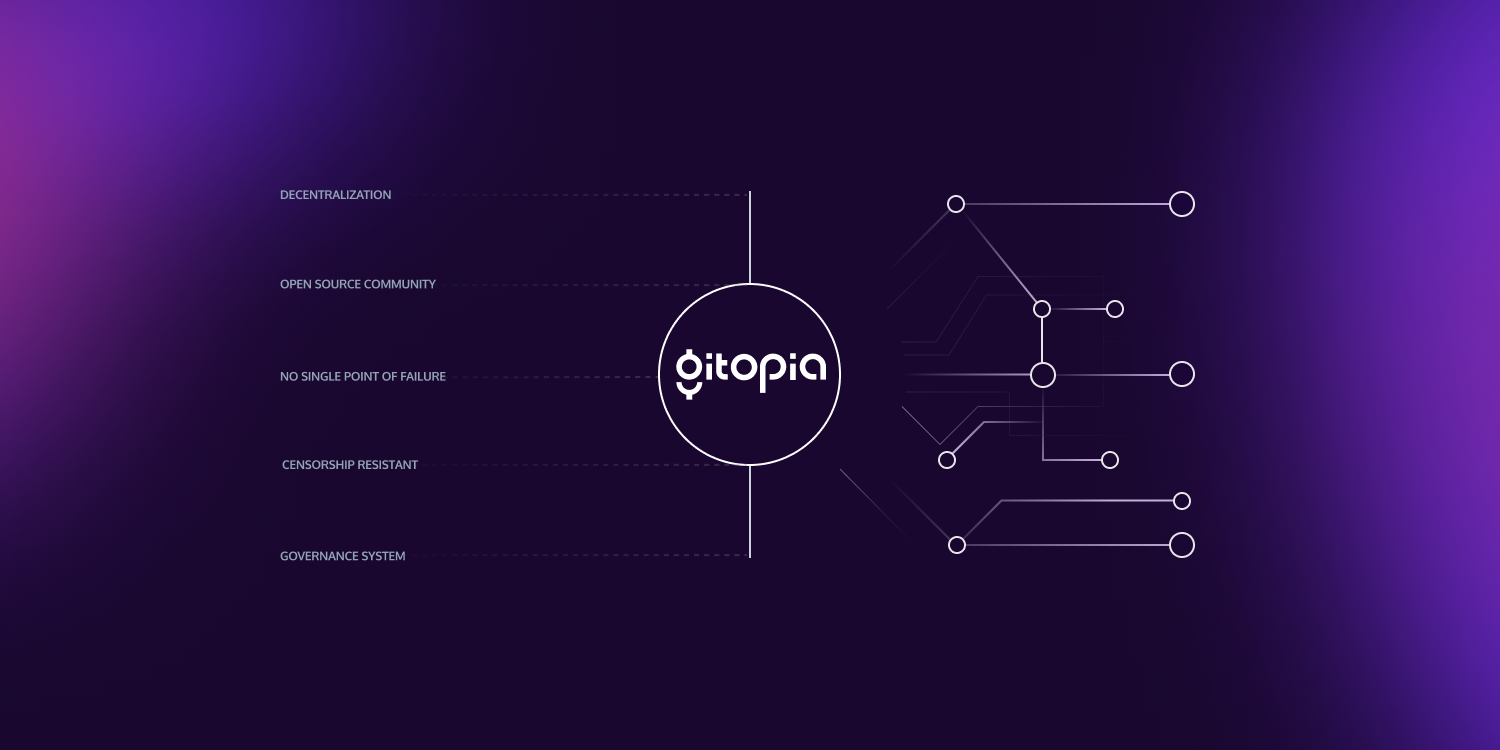
Gitopia is a decentralized code hosting and collaboration platform that stores Git repositories on a blockchain network that is highly accessible, censorship-resistant, and empowers communities to create, own, contribute and govern their open-source code.
Gitopia’s mission is to create a new paradigm for open source software development and decentralized collaboration where everyone is a stakeholder, innovators are rewarded, contributors are motivated, and users have power.
Features of Gitopia:
- Permanent storage: By leveraging blockchain technology, Gitopia provides its users with a permanent, easily retrievable, and decentralized home for their code.

- Decentralized: Gitopia will have a decentralized network of validators and staker’s to govern and secure the platform. There will be no central authority in Gitopia.
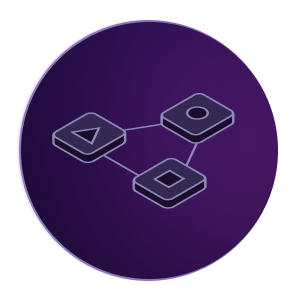
- Governance: In Gitopia, all the platform-related decisions will be taken with the community’s involvement transparently. They can vote on proposals and help shape the future of Gitopia.

- Censorship Resistant: There is no central authority that can take down any repository on Gitopia. Instead, the community decides the content policies and is responsible for platform moderation.
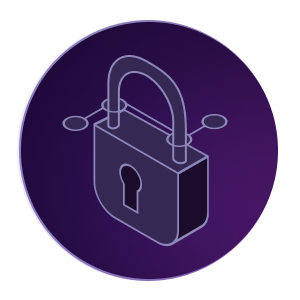
- No Single Point of Failure: There will be no disruption of service in Gitopia due to the usage of a decentralized network. The decentralized network of Gitopia will provide high availability and a stable network.

- Secure: The repositories on Gitopia will be secured by public-key cryptography and thus resistant to unauthorized usage and hacking.
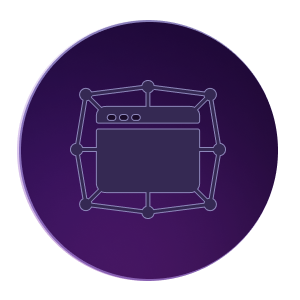
- Transparent: The source code of Gitopia will be open source, and hence its workflows are out in the open for other developers to inspect.

- Users will be stakeholders of Gitopia and will get incentivized with Gitopia’s growth.

- Open-source incentivization: Open-source incentivization will be integrated into the Gitopia workflow. It will be designed to motivate developers to contribute to open-source projects actively.
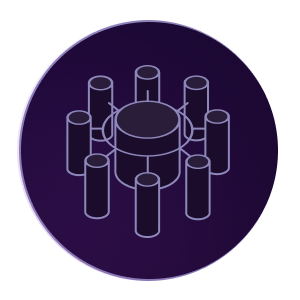
- Actionable Licenses: Software licenses are not actionable for the developers until it is legally abiding. This led to projects like Uniswap making their own licenses that prevent anyone from using the code, which is wrong too. Software licenses need a software solution to make them actionable.

- Interoperable: Gitopia will be compatible with the Cosmos IBC (Inter-Blockchain Communication) which will allow it to establish interoperability between Gitopia’s application layer and other ledgers that support compatible standards

---
Conclusion
With Gitopia, developers will always be in control of their code. No one can unjustly take down anyone’s projects on Gitopia. It means no more malicious DMCA attacks or government censorship. In Gitopia, developers also need not fear being unable to use their code due to service outages or takedowns, the stored data will always be available on the blockchain.
With Gitopia being an open-source project, run by the community and thereby advocating transparency, developers can be rest assured that their privacy is protected by being able to monitor the functioning of the platform, user data collected, and the manner in which it is used. Since users are stakeholders in Gitopia, they can be assured that their concerns matter and their rights are protected on Gitopia.
With Gitopia’s open-source incentivization, developers can continue contributing to their favorite open-source projects while also getting rewarded for their hard work. Open source incentivization ensures that no critical open source projects get abandoned and/or go unmaintained. This will be a massive help for open source service providers since their services will no longer have to use outdated open-source components with no code improvements and security fixes, that can make their services vulnerable.
---
Follow us and stay tuned to Gitopia’s launch updates
Website: https://gitopia.com/
Whitepaper: https://gitopia.com/whitepaper.pdf
Telegram: https://t.me/Gitopia
Discord: https://discord.com/invite/mVpQVW3vKE
Twitter: https://twitter.com/gitopia_DAO
Forum: https://forum.gitopia.com/
